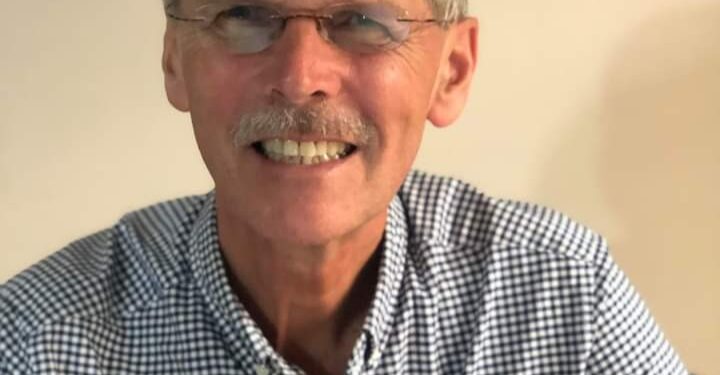There are two sculptures in my living room, one of Don Quixote, the other of Achilles. These pieces of art represent fictional characters who were both aspirational and fallible. Achilles was the hero of the Trojan war in Greek mythology, the greatest of all the Greek warriors, and the central character in Homer’s Iliad. As an infant his mother dipped him in the river Styx which had magical powers to make him invulnerable to attack, except for one tiny part of his body – the heel by which she held him. As a hero of the war, he slew the Trojan Prince Hector outside the gates of Troy, but the Trojan Prince Paris then shot a poisoned arrow at his only spot of vulnerability, and he died. Therefore, the tendon at the back of the heel has become known as the Achilles tendon and the moral of the story is that everyone has some area of weakness. When I look at that sculpture it reminds me that no matter how much people might praise me, I still have my weaknesses.
The story of Don Quixote is from a Spanish novel written in the 17th century considered one of the foundation works of modern literature. The word quixotic comes from Don Quixote and means the impractical pursuit of idealistic goals. The theme of the book is that one must live life passionately in a genuine way despite what other people think, and the storyline is that Don Quixote was so infused with tales of knights and chivalry that he decided to become a knight-errant to revive the practice of chivalry. He saw windmills as giants and set out with his horse, his armour and lance to fight these giants. The phrase ‘tilting at windmills’ refers to someone who is passionate and idealistic but somewhat unrealistic. I sometimes wonder if that is also me – idealistic but unrealistic.
I had a conversation with a lady who was born in the USA but whose parents are from Malawi, during which I expressed an opinion about African American heritage. She later told me that she stopped listening at that point because ‘you have not walked their journey, plus you are speaking from a position of white privilege, so you are not qualified to make any judgements.’ Her remarks stung me and made me think because both of those statements are true, not just about black Americans, but about my relationship with Ugandans. It is easy for me to forget that I am white, and that I come from a position of privilege. The conversation raised the whole question of the legitimacy of my idealism for Uganda. Perhaps I am simply a Don Quixote who is well meaning but out of touch with reality – which can only be known by Ugandans who have taken the journey.
My young ‘brother’, Bishop Zac Nyringye, and I have long and deep discussions about the role of people like me in this society, since I first came here in the role of a missionary. Zac no longer likes the concept of mission and missionaries because it has the sense that missionaries came to impart something to the natives. I also came as a doctor at the height of the HIV epidemic to give my medical skills so what was wrong with that? His answer is that being a missionary is coming from a superior position as a white man to give something to the black man – which was also the spirit of colonialism. Despite my missionary roots, somewhere along the way I became part of a community, and together we ended up building a hospital. I have always been grateful for the acceptance I have received in Uganda, and my passion has been for the development of this country, but perhaps that passion is also a weakness – my Achilles heel – and my efforts could prove to be an exercise in futility like Don Quixote.
Like Achilles, I know I have my weaknesses, and like Don Quixote, I know I am idealistic, but I also feel part of the Ugandan community, even though I may be from ‘white privilege’. (Uganda is one of the most accepting countries of the world, having large communities of refugees and settlers from surrounding nations).
One could say that in certain ways I fit nowhere. I am an Irish Ugandan who is neither fully Irish nor fully Ugandan. Like Don Quixote there is some sort of idealism that continues to drive me. I hope it will not prove to be futile.
Do you have a story in your community or an opinion to share with us: Email us at editorial@watchdoguganda.com











